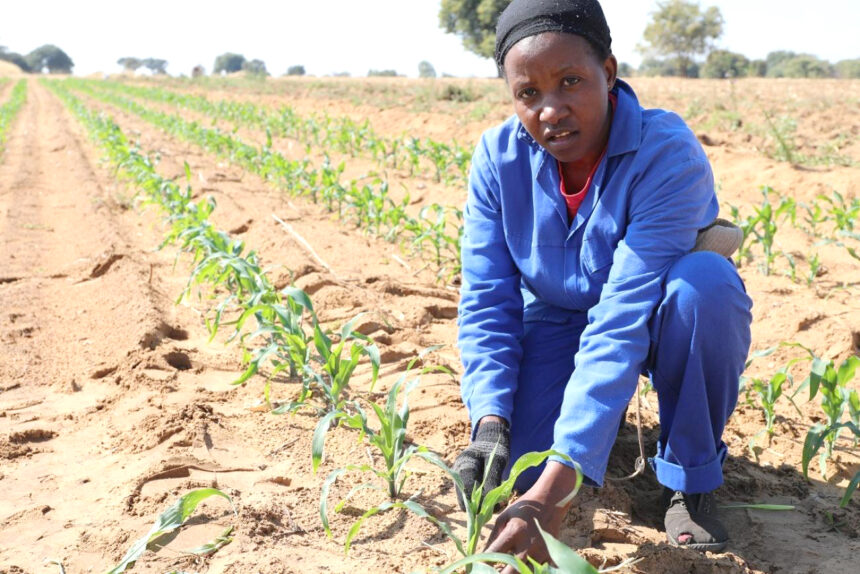Agriculture plays a pivotal role in Namibia’s economy, supporting livelihoods and contributing to food security. However, the current budget allocation does not reflect its importance. This is according to agriculture minister Calle Schlettwein, who recently warned that the current budget allocation for agriculture is inadequate. “At 2.3% of total non-interest expenditure, and about 0.7% of gross domestic product (GDP) in 2024/25, budgetary allocation to agriculture fall far short of recognising agriculture as a high national priority, a matter which must urgently be aligned,” said the minister.
He was pointing out specific prerequisites that Namibia must secure as a basis to successfully anchor the sector into the value chains map.
Schlettwein was speaking during a panel discussion at the 25th annual symposium that was organised by the Bank of Namibia (BoN) in the capital under the theme ‘Global Value Chains for Inclusive Development: How can Namibia Position its Agriculture Sector?’.
The event brought together experts to explore strategies to unlock Namibia’s agricultural potential in global markets.
Motivating the budget of the ministry in April this year, agriculture deputy minister Anna Shiweda stated that just over N$1 billion was devoted to the development of the sector for the year.
Enhancing funding for the sector is not merely an economic necessity but a moral imperative to ensure food security and improve the livelihoods of millions who depend on it.
By realigning budgetary allocations to reflect this priority, Namibia can pave the way for a more resilient agricultural sector that supports economic growth and enhances food security for all citizens.
It was clearly stated at the symposium that more than 70% of the population relies on the sector for their livelihoods.
This amounts to about 2 115 680 people.
Direct employment in the sector is estimated at approximately 20%, the single-most important sector in terms of the job content with less skills demand.
Meanwhile, Schlettwein noted that the sector is facing a significant challenge of affordability and reliability of power as well as water resources.
These two elements are critical for farmers, particularly small-scale operators, who often find themselves grappling with soaring energy costs threatening their livelihoods and productivity.
“Our experience is that the cost of energy often rockets out of affordability range for farmers, particularly for small-scale farmers. This binding constraint limits increasing returns to scale and productive diversification in the sector,” he said.
The Namibia Statistics Agency (NSA) in its second-quarter GDP figures stated that the agriculture and forestry sector experienced a decline of 4.9% in real value added during the second quarter of 2024.
This represents an improvement when compared to a contraction of 32.5% served in the same quarter of 2023.
The slow growth in the agriculture and forestry sectors was primarily attributed to the crop farming sub-sector, which recorded a decline in real value added of 11%.
The performance of the crop sub-sector was impacted by a shortfall in rainfall, which led to poor production during the quarter under review. -mndjavera@nepc.com.na


